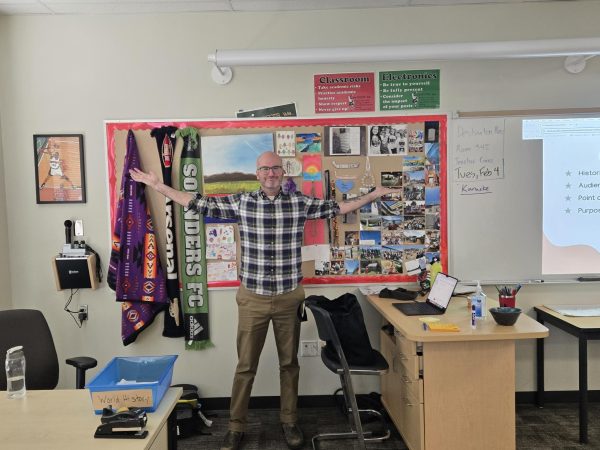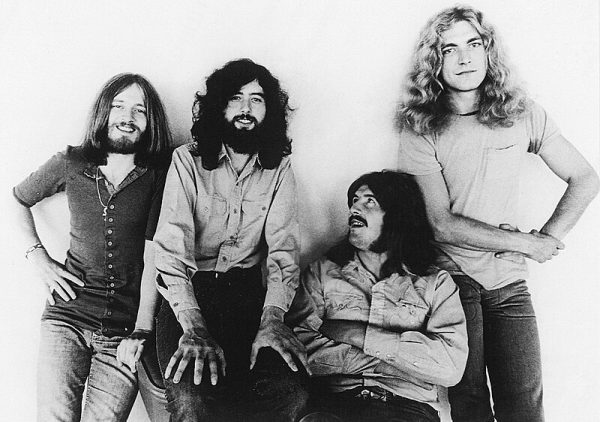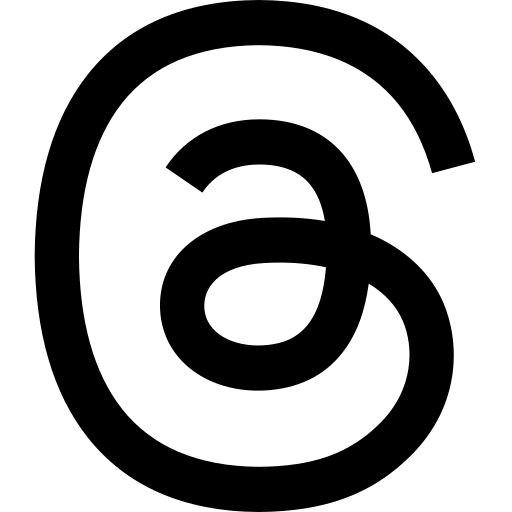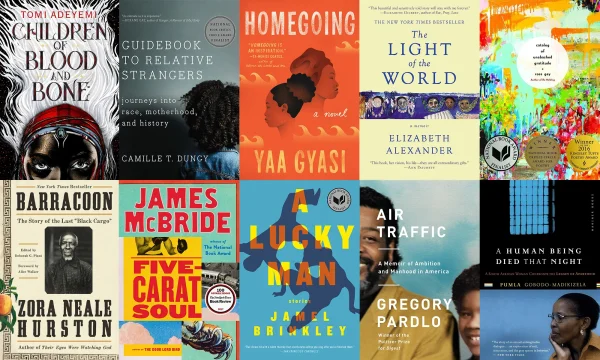High School: College Prepatory or Schmepatory
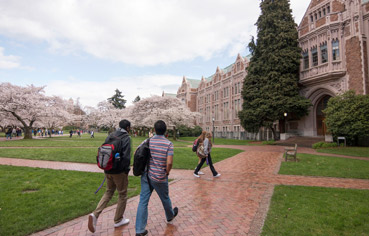
At the University of Washington, independence and freedom meets hard courses.
We hear it all the time, high school is supposed to prepare you for college. But does it prepare us successfully? Gabby Lacson, Shorecrest class of 2017, just finished the fall quarter of her freshman year at the University of Washington, and has some insight into what college is really like, and how we can better prepare for it in high school.
When asked about the difference in class rigor, Lacson said, “[College is] a lot harder. You have your lecture sections and your quiz sections for most classes, [and] you’re on your own. . . the professor does not really care what grade you have, they just teach at you.” Coming from Shorecrest where teachers work with you to help improve your grades and make sure you’re on track, the lack of support might be distressing, so be sure to ask for help when you need it in high school, but realize that you will have to be more independent in college.
Independence is a big theme that Lacson touched on, both her favorite part of college, and something new to acclimate to. Lacson stressed the importance of going to class and taking thorough notes, “because a lot of times [the professors] don’t post the notes online, so you really have to be there for every class.” While it may seem like college means no more early mornings, there are 8 AM classes that you have to be ready to take notes for, and while skipping may be enticing, it will hurt you in the long run.
With more independence comes more choice. One of Lacson’s favorite aspects of college is the variety of interesting classes. “For winter quarter, I have english, a design class, gender psych, and a dinosaur class.” Although college offers interesting choices, some of the classes and majors are hard to get into. If you want to be a computer scientist, that major is almost impossible to get into at UW. For several majors, you have to complete prerequisites before you declare your major. Lacson recommends “. . .getting those prerequisites out of the way as soon as possible so you have more time for electives.”
Lacson took her fair share of AP classes in high school, but says they don’t stack up to college courses, no matter what your teachers say. She does posit that AP classes are more helpful when preparing for college than standard classes, but she’s not sure that tons of homework is a great comparison to a college workload. Once again, independence comes into play. You need to be able to study on your own and in groups in college, and there are no study guides. She thinks that “independent stud[y] would benefit [high schoolers] a lot because that’s what you’re going to do.” So if you want to get a feel for what’s in store for you in college, try studying on your own or in groups, and do it a lot.
The biggest difference between college and high school classes is the amount of time you have to cover a subject. “You have a lot more time in high school, you have a whole year to cover something you have to cover in 10 weeks. In college you might be assigned a new chapter a week, or even per day, depending on how many days you have the class. Sometimes you could have [class] one day a week for four hours straight, or you have it five days a week for fifty minutes each.” So be prepared to spend lots of time in class, and Lacson emphatically agrees with the statement that for every one hour in class, you should spend three hours studying.
Although college brings lots of studying and tough classes, it also brings freedom, Lacson’s favorite part of college life. “I don’t have to come home at a certain time, I can just do whatever with whoever,” she says. So if high school feels stifling at times, the independence of college may be just the right thing for you.



